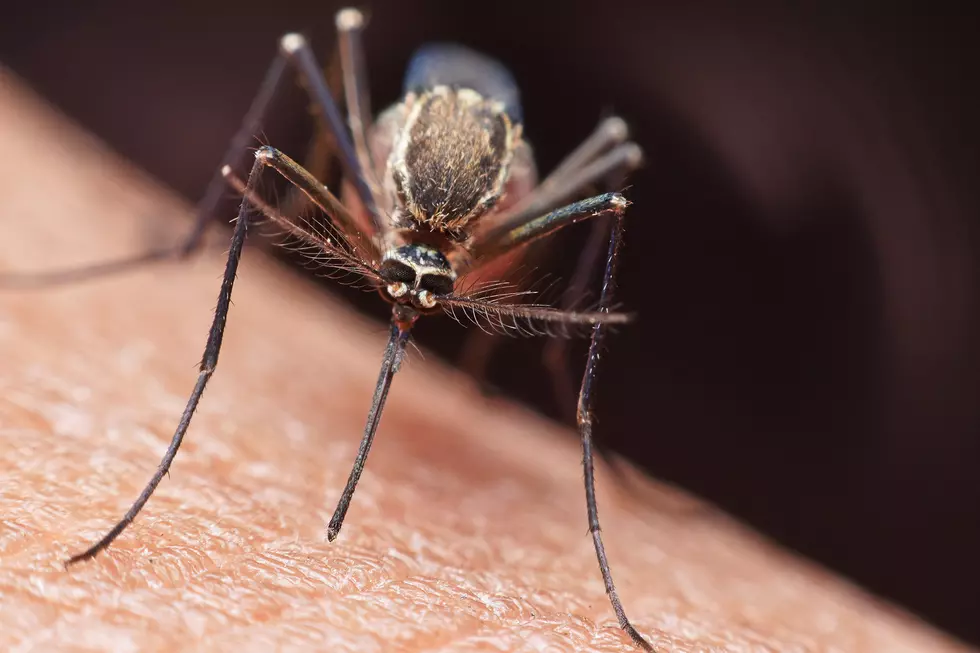
Six Western Massachusetts Towns Raise West Nile Virus Risk
According to the latest Massachusetts Arbovirus Update, the risk level for contracting West Nile Virus has increased from low to moderate in six towns in Hampden County.
Mass.gov reports that Agawam, Chicopee, Longmeadow, East Longmeadow, Springfield, and West Springfield have all moved to the moderate risk category, according to the Massachusetts Department of Public Health.
Since September 1, there have been three human cases of the West Nile Virus found in Massachusetts, all of them in Middlesex County Thankfully though, no deaths so far. The reason for the increase in risk level to moderate is simply out of caution.
Recently, the West Nile virus has been found in mosquitos in Barnstable, Bristol, Essex, Franklin, Hampden, Hampshire, Middlesex, Norfolk, Plymouth, Suffolk, and Worcester Counties. I'm not sure if that means the WNV is slowly moving to this end of the state or not, but as I said, I'm sure they raised the risk level out of caution.
People over the age of 50 are at the greatest risk of catching the virus, though most people will have no symptoms if infected. If symptoms do occur, they can oftentimes include fever and/or flu-like illness.
Everyone has their own "proven" tips on keeping the skeeters away, but here are some effective ones, just in case you're looking for some helpful hints:
- Use an effective mosquito repellent such as DEET, or oil of lemon eucalyptus
- Drain any standing water around your yard and the outside of your house. Mosquitos breed on and around standing water
- Use windows with properly fitted screens. Keep the mosquitos outside
- Wear proper anti-mosquito clothing. For instance, looser fits, pants, and long sleeves
- Stay inside if possible during dawn and dusk which are peak mosquito biting hours
For more on the Arbovirus Update for Massachusetts, check out Mass.gov's website here.
LOOK: Here are the pets banned in each state
WATCH OUT: These are the deadliest animals in the world
Here are some tips for self-care during the pandemic:
More From WBEC FM









